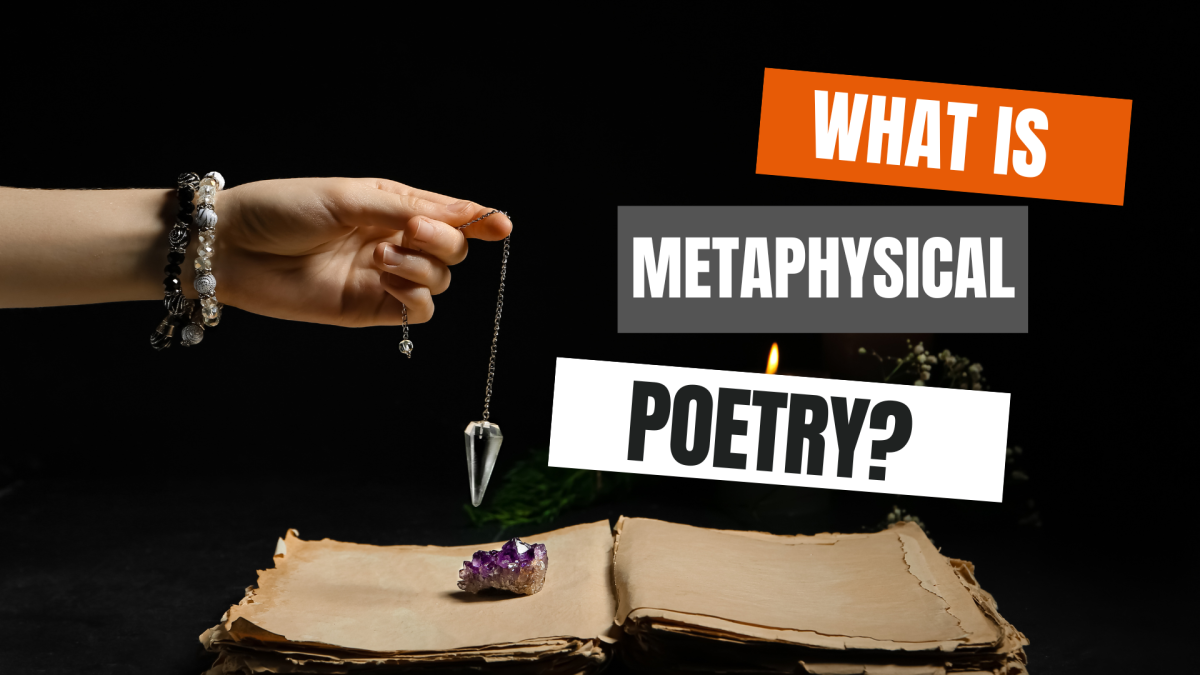Maxims of Spiritual Law: Basic Principles of Metaphysical Reality
If it works in law, it works here as well: learned conclusions that work so well, they're regarded as truisms. In this case, simple tenets indicating various spiritual facts, and used not only as an aide to memory and focus, but a catalyst for more realizations in tough situations. Appearances of these maxims failing are merely the result of a spurious causal experience; although convincing, those experiences are illusiory.
1) All is love.
2) Lovelessness (suckage, suffering, darkness) does not exist. Dress accordingly.
3) We are extensions of the Divine.
4) Love is our intrinsic nature.
5) We are unified consciousness. There are no exceptions.
6) All of Creation is perfect.
7) All of Creation derives from Love as its motivating factor.
8) Fact dispels fiction because the fictions never were.
9) Fiction and suffering are the same thing.
10) A choice for something (factual or otherwise) affirms it in our own perception.
11) Like begets like. Love begets positive things, and fictions would beget fictions if they existed.
12) Love increases; that is its nature.
13) Space and time are fictional, as they are arbitrary with regard to Love and therefore meaningless.
14) Fictions are assertions of meaningless contexts. As such, they have no meaning themselves.
15) The only real state, Eternity, is changeless. Its perfect love increases, but that is love's nature.
16) Spacetime never existed, and cannot last. Its total meaninglessness will become apparent to all.
17) Any explanation for suffering becomes meaningless by taking into account that which is unreal.
18) That which is unworthy of us does not exist, and vice-versa. (See also Maxim 7.)
19) Creation as it is truly (the perfect grace of Eternity) is the only thing that is worthy of us.
20) Our illusory choice for fiction will never satisfy us; that isn't our nature.
21) A choice within the context of a given level of fiction is a choice to exist at that level of fiction. (Neither answer to, "Have you stopped beating your spouse?" is useful.)
22) A choice for fiction is, itself, a fictional choice.
23) Fictional choices seem to make sense until evaluated in the context of a greater level of fact. (See also Maxim 8.)
24) The manifestations of a fictional choice are exactly as strong as the choice made for it. (We were Created because, beyond Spacetime, the Divine was/is "wholely desirous" of us.)
25) A choice to reject the Divine, and the choice to accept nonexistent things (lovelessness, scarcity, dissatisfaction, etc.) into our experiences are the very same choice. (A rejection of Divine Will does not lead to suffering, it's the choice for suffering.)
26) Fictional choices are inherently destructive, and the one thing they are ultimately destructive to is themselves. Thus does their unreality manifest itself ab initio.
27) Love being greater than the illusions of Space and Time, a choice for Love can manifest outside of Spacetime and alter it, seemingly retroactively.

28) The Antaeus Principle: Morphic fields are as strong as the degree of fact from which they spring. Since fiction can only be chosen halfheartedly at best, this results in a natural ordering of supremacy, with Divine Love being strongest and loveless fiction being intrinsically weakest.
29) When we use our Divinely-given co-creative abilities to spawn fictions, we magickally create a "What If" scenario branching off from whatever point we had been at, and opt into them (like the terms of a contract). We "stretch" ourselves, literally deviating from our truer nature. The "branches" are formed of our own consciousness itself. (See also Maxim 21.) As such, as "individuals" we are really a united consciousness, extruded into branches. We are, quite literally, each other (with nods to The Beautiful South).
Some commentary, by no means comprehensive:
Forget Maxim 7 and you have idolatry. Reason and logic are prevalent forms of idolatry, positing a basis whereby solutions occur as the result of something other than Love. Spacetime's particular favorite, causality (the myth that Event A causes Event B, which then causes Event C) is buck-passing at its most absurd.
Maxim 1 is really all one needs, provided one can stick to it.
Maxim 2 includes all problems; scarcity, fear, sadness, illness, death. The last was demonstrated by the Christian Resurrection, a Divine object lesson of Maxim 8 as an example to all.
Maxim 17 saves a lot of time when it comes to evaluating philosophies and religions. It merely expounds upon Maxim 2.
One application of Maxim 27 is to set up a feedback loop of Love that transcends Time, causing successively more worthwhile manifestations of our temporal experience past, present and future. These more successful timelines allow for more of a choice for Love, which again improves the temporal sequence of events, until eventually Space and Time are dispelled for the chooser. (This often referred to as Enlightenment, or Ascension into Heaven.) That is our ultimate goal, because ultimately the only true state of reality is the eternal Perfect Grace of Creation. Everything else is a perceptual illusion to some extent.








